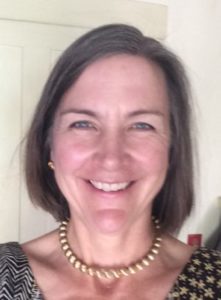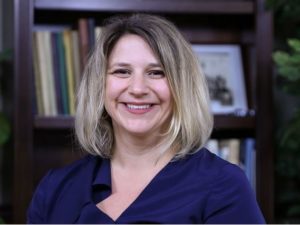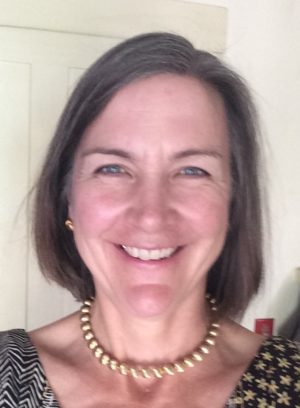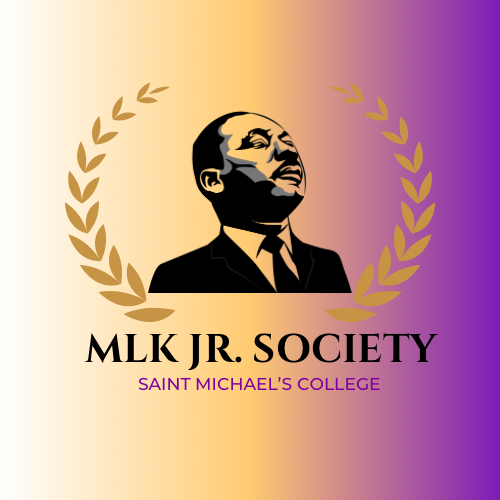Holistic Restorative Education (HRE), a new certificate program in the Graduate Education Department at Saint Michael’s College, provides educators with the ability to integrate “restorative practices” into a class setting.
Restorative practices are gaining wider currency in education and law as a concept rooted in repairing harm by focusing on a variety of practices that move a community to a place of healing. The “restorative justice” aspect of HRE is part of a larger movement to build community and inclusion, and repair harm in the classroom. Proponents say experiences prove that HRE shifts the dynamic of teaching, allowing educators to understand the true meaning of inclusivity in a classroom.
Originators of this new certificate option say that this 4-course, 12-credit program caters to educators of all kinds. Enrollment will be capped at 18 students per “cohort.” They would take the sequence together as a group from start to finish — about a year all told.

Annie O’Shaughnessy
The Saint Michael’s program derives from an approach pioneered by Annie O’Shaughnessy, founder of True Nature Teaching and an educator of restorative practices since 1990. O’Shaughnessy offered virtual workshops through the College this past summer, and they proved to be so popular that it inspired this new offering.
“Having participated in and led circles personally and professionally since the ‘90s around the country and in the classroom, I have witnessed the tremendous impact of these experiences on my own and others’ lives,” O’Shaughnessy is quoted as saying in her website testimonial, which emphasizes the importance and essential role that “mindfulness” plays in successful restorative work. Paired with integrated mindfulness practices, HRE helps to build a foundation for the intricate, nuanced work of restorative practices, O’Shaughnessy said, “transforming how we view student behavior and the factors that influence our every interaction with students and colleagues — positionality, race, trauma, toxic stress, neurodiversity, mental health, and culture.” Mindfulness refers to the practice of paying attention in the present moment intentionally and with non-judgment. Mindfulness meditation practices refer to the deliberate acts of regulating attention through the observation of thoughts, emotions and body states.
“A focus of the program is supporting students so they have internal tools to find balance when shaken,” said Amy Saks-Pavese, director of Graduate Education. Additionally, the Holistic Restorative Education program utilizes trauma-informed practices to aid educators in providing support to students to be successful members of a classroom and the greater community.
Rooted in neuroscience, trauma-informed practices recognize that children arrive at school having experienced trauma. “Many ongoing traumas are experienced as fallout from living in poverty, housing insecurity, and food insecurity,” Saks-Pavese said. Further, students of color experience ongoing traumas as a result of racism, she said.
Trauma-informed practices acknowledge that these experiences alter the brain, and respond to these changes in a way that supports students in building resilience when faced with challenges. According to Saks-Pavese, schools increasingly are seeking out this kind of professional development as they recognize how challenging school can be for students who have experienced trauma, as manifested in the behavior of such students. Schools strive to help build resilience and serve as a vessel of support, she said.

Amy Saks-Pavese
Hoping to attract students beyond the local Vermont area, this new Saint Michael’s program will be delivered virtually (on-line), providing accessibility to learners across the country. It specifically caters to those interested in beginning a master’s program and those with a master’s degree who want to focus on restorative practices.
The four-course program — one course per semester launching in January 2021 — follows a cohort model designed for students to begin and end the program at the same time. Students take one course in the spring, summer, and fall, reaching completion the following spring season. One of the courses is a practicum in which enrolled students place their learning into practice. As one cohort completes its program, another begins. “It is designed to support educators in various stages of their own careers,” Saks-Pavese said.
This past summer, the Graduate Education program at Saint Michael’s offered an online teaching and learning webinar series, “Engaging All Students in a Remote Classroom,” taught by O’Shaughnessy, which effectively provided a sort of preview or “trailer” for the four-course program. The webinar quickly rose in popularity and demand, according to Saint Michael’s education faculty, and four school districts requested to schedule the webinar for their educators after participating in the summer series.
O’Shaughnessy says she feels all educators might benefit from learning about “trauma-sensitive practices, mindfulness, and social-emotional learning.” In recognizing that equity and restorative practices build efficacy for leaders and educators, she said, engaging in these restorative practices promotes wellness for all, “allowing us to become agents for change.”

For all press inquiries contact Elizabeth Murray, Associate Director of Communications at Saint Michael's College.






